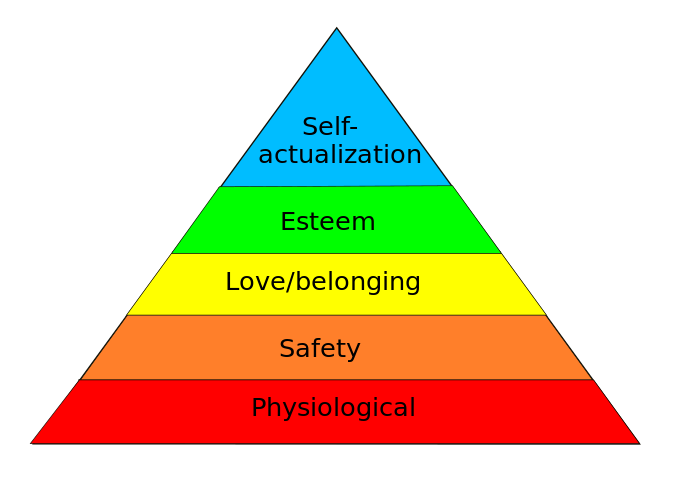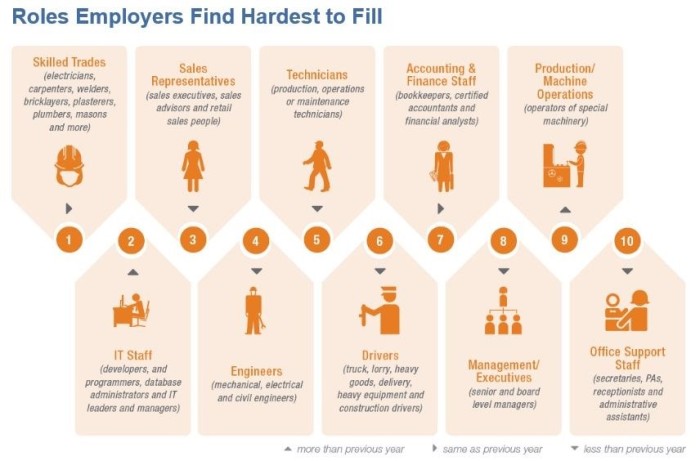I attended the Ohio SHRM Conference “Play Like an HR Champion” in late September. It was a bit of a last-minute decision for me and my first time at the Ohio Conference. Congratulations to Sheri Caldwell and the extensive team for putting on a nationally competitive and highly impactful conference. The investment and commitment to excellence was evident in its every aspect.
I am thankful for the opportunity to have attended. If Woody Allen is right that “showing up is 80-percent of life,” I was living large from early morning until the end of each day when my brain could not take any more. Every presentation provided good reminders, new information, new perspectives and I took a lot of notes.
There was one note I did not need to take as it has stuck in my head since hearing it. The quote was in Youngstown State University President and former head Ohio State football coach Jim Tressel’s closing keynote address “Macte Virtue.”
Concern for man and his fate must always form the chief interest of all technical endeavors. Never forget this in the midst of your diagrams and equations.
This was coming from Albert Einstein through Jim Tressel – the kind of “relativity” that spoke to me and what I evidently have a predisposition to see and long to have validated.
The debate over technology vs. touch has been around for decades. The genius has always been to keep the fate of man at the forefront of our technical pursuits and improvements. In any business organization, it’s easy for man’s fate to get lost in getting things done. Where is the conversation? Discovery? Possibility? To challenge my notion and at the risk of including it like in a middle-school term paper, I looked-up “organization” and found in businessdictionary.com a definition reflecting, “A social unit of people that is structured and managed to meet a need or to pursue collective goals.”
YES – the definition starts with “social” and “people?” There are others who also defined organization – and most included “people” in their definition. BAM – take that Mrs. Kaple (middle school teacher).
While the high-technology/high-touch deliberation is not new, the conversation around artificial intelligence is heating up. That conversation may be recycling that of mechanization in the 1800s or of automation in the early 1900s. As much as there is concern about AI negatively impacting people’s jobs – physiology and safety, I’d like to think we can use it to climb higher up Maslow’s Hierarchy of needs.

For example, it’s nice that Google anticipates what I’m trying to type – aiding me in research for my writing – so that I can focus on my themes and ideas. Physiologically I can get more sleep that way…and frankly I sleep better with some research and annotation behind what I’m writing. This allows me to focus on my self-expression and the outpouring of love and support I get from you in response to my thoughts. Constructive discourse is also welcome, but only from people, not from robots.
It strikes me that we are simultaneously concerned about AI driven job loss while facing a shortage of talent in many areas. In the latest Manpower Talent Shortage Survey, the following roles were shown to be most in need of talent. It seems to me that several seem to be exactly the type of roles suited for support from artificial intelligence.

Certainly this shortage combined with the shift in skills required to thrive is disconcerting, but I have to believe that with cunning commitment, we can navigate through this predicament once again. Threats can also be opportunities for the benefit of people and not the cost of. If the people of the 19th and 20th centuries – the people of “Downton Abbey” can persevere successfully through the societal and technological changes they experienced then certainly with an eye on the fate of man, so can we. Disagreement and debate will continue as various options and directions are discovered and evaluated, but let’s not fool ourselves or worse yet lie to ourselves and to each other.
Let’s be both conscientious and courageous in taking on what’s next* – the inevitable evolution of our experience.
To paraphrase Jim Tressel’s Einstein quote, may we all develop and demonstrate a chief interest in our concern for man and his fate as we go about our endeavors; never forgetting this in the midst of our diagramming and calculating and frankly in our debating and driving.
*– shout out to Cy Wakeman who also spoke at the conference).